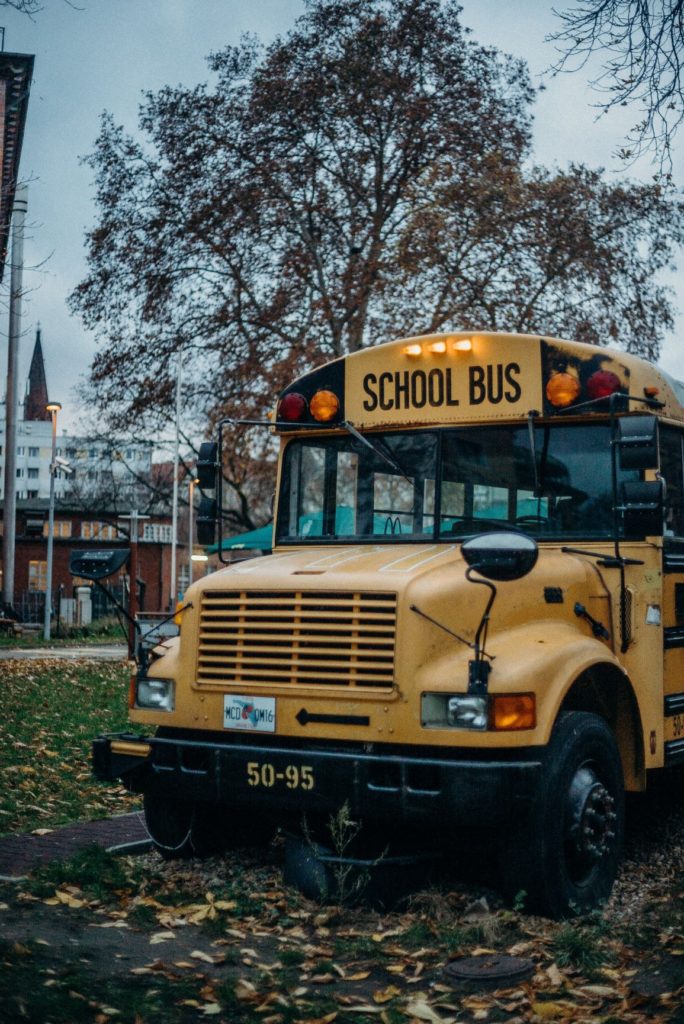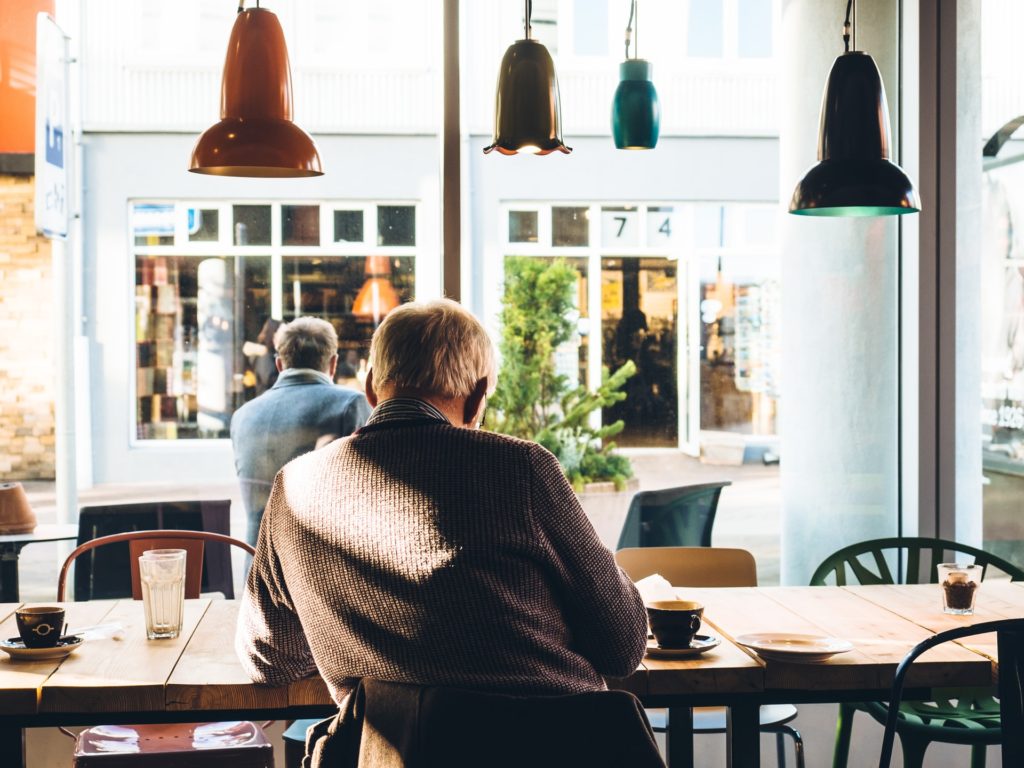How many forms of retirement life are there?
A few days ago I accidentally bumped into a long-lost friend, Paul, now probably almost in his 70s, still working as a school bus driver when the school resumes and as a minibus driver when the kids have their lessons over Zoom. To many people, being a bus driver is a tedious job and the salary rather low. I guess it is hard for anyone to imagine that being a bus driver is exactly what Paul chooses to do. “It feels like I’m waiting for death if I stop working.” That was his genuine answer.
When Paul invited me for lunch I thought it’d be just the two of us. Paul told me that he’s a mayor of a village and he just works as a bus driver when someone needs to take leave. Soon after we sat down for a cup of tea, a friend of his, who used to work at the customs and is also a mayor of a village came and said hi. Paul introduced me to his friend as “a long-lost daughter” and invited him to sit at our table. 5 minutes later, there was another friend who happened to be head of a village committee came and sat down. This “greet and meet” had basically continued until the end of the lunch, with people popping in to say hello and did a little bit of chitchat before they walk off to go about their own business. Since we were only allowed to have a maximum number of 4 people at a table, the rest of his friends needed to sit at the neighbouring tables.

Paul and his friends seemed to know most of the people and all these people knew about them too. The funny thing is that they all carry some kind of title, most of them were mayors in Sai Kung. And they all got numerous village houses inherited from the family which forms the biggest part of their income. The average rent in 2020 for an apartment in a village house is about 12,000HKD to 19,000HKD depending on which floor. So on average, one single house would generate around 47,000HKD gross rental income, with almost zero involvement each month. Absolute passive income.
Village houses have started to gain popularity and value since 2003 when Hong Kong’s economy suffered from SARS. People started to realise that living in a building allows viruses to spread easily, whereas living in the countryside would significantly lower the risk of contracting deadly viruses. Since then the prices and rent of village houses have risen steadily, making many of the indigenous inhabitants become multi-millionaires overnight.

Paul used to lead a hard life when he was young. He used to smuggle household appliances to Mainland China when China was still a “closed economy” and every product in Hong Kong was desirable. He and most of his friends didn’t have the chance to get to higher education but their indigenous status allows them to inherit the land that was granted to them when it was still cheap. Paul told me that he comes to the same restaurant, and sits at the same table at the same time every day. Afterwards he’d go hiking and eventually work a little if he’s needed. This sounds like a mundane life to you but to be honest, I quite like it. Why? Because Paul has absolute power over making his choice of retirement life, which is to be there every single day, at the same time, at the same table, just to be there for his friends.
